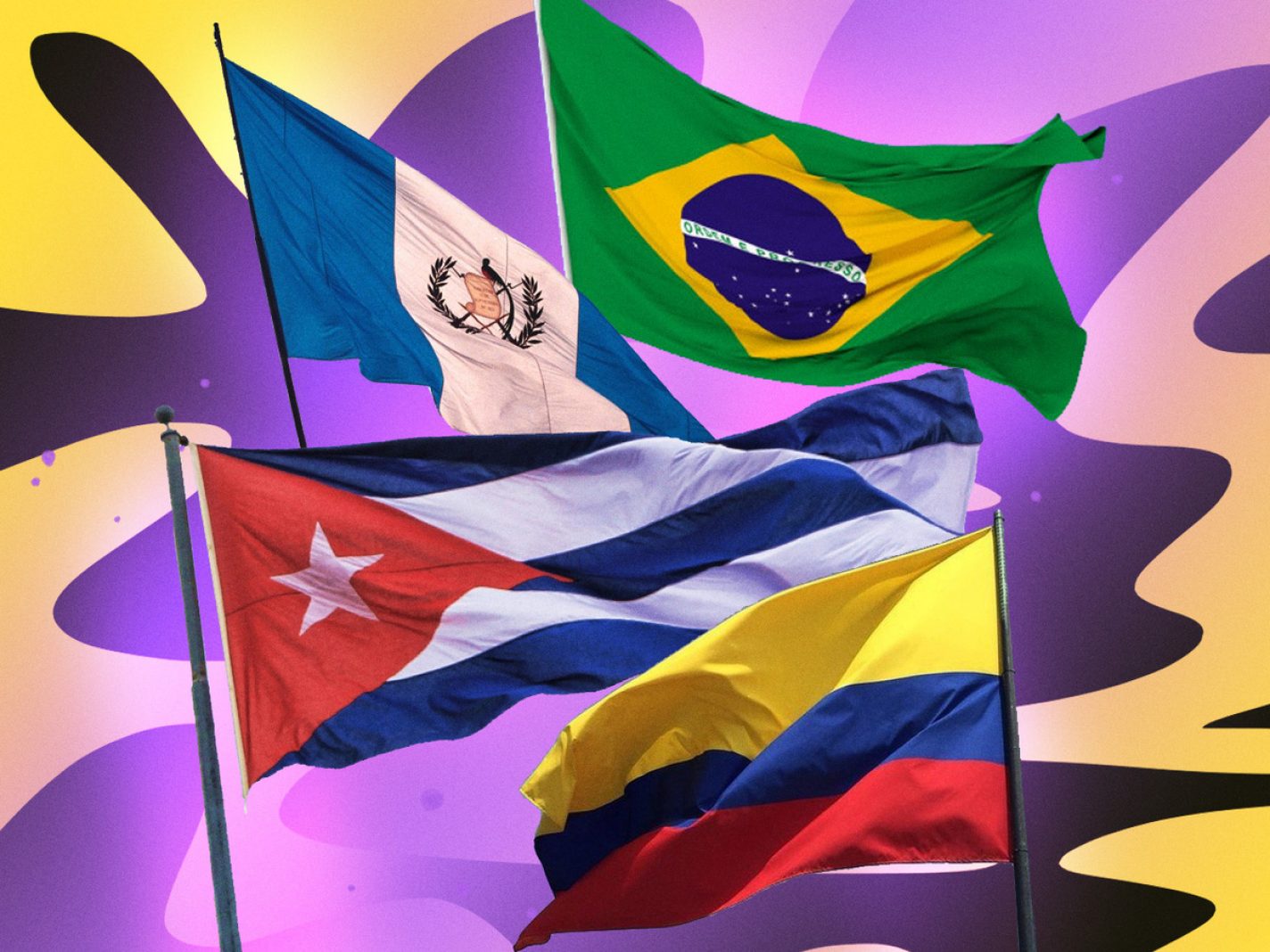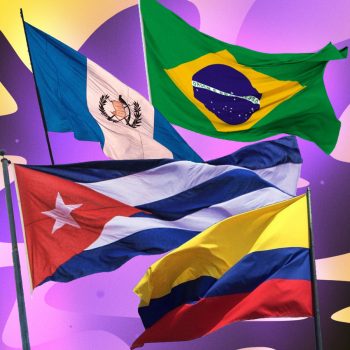“The Star-Spangled Banner,” the national anthem of the United States, stands for a lot of different things to a lot of different people. Francis Scott Key wrote the lyrics back in 1814 after seeing the American flag flying above Fort McHenry as it was attacked during the War of 1812. The song was recognized as the national anthem through a congressional resolution in 1931 and has been used to show one’s patriotism during sports competitions, military events and other ceremonies of importance.
Over the years, the U.S. anthem has also been used to protest injustice. At the 1968 Olympics, athletes Tommie Smith and John Carlos, who was Afro-Latino, raised their fists during the anthem as a “human rights salute.” It was considered one of the most political gestures ever displayed at the Olympic Games. More recently, former NFL quarterback Colin Kaepernick protested police brutality when he started taking a knee during the playing of the anthem before football games. His actions, which started in 2016, spurred a nationwide debate about non-violent protests, police conduct and patriotism.
While Wednesday (March 3) is National Anthem Day in the United States, we thought we’d take a trip through Latin America and look at some of those country’s own anthems and what makes them so special to their citizens. Here are 10 fun facts about the national anthems from countries like Brazil, Cuba and Nicaragua.
Argentina
National Anthem: “Himno Nacional Argentino” (1813)
Lyricist: Vicente López y Planes
Composer: Blas Parera
The original lyrics of the song have what some historians call a “tragic misprint.” The word “opone” was written instead of the word “pone,” so the meaning of the lyrics changed dramatically from “Buenos Aires opposes the front of the people of the union” to “Buenos Aires positions itself at the front of the people of the union.”
Brazil
National Anthem: “Hino Nacional Brasileiro” (1831)
Lyricist: Joaquim Osório Duque Estrada
Composer: Francisco Manuel da Silva
According to Brazilian law, if an instrumental rendition of the anthem is played, it is only necessary to play the first stanza since the second stanza is the same. In vocal performances, both stanzas must be sung.
Colombia
National Anthem: “Himno Nacional de la República de Colombia” (1886)
Lyricist: Rafael Núñez
Composer: Oreste Sindici
By law, the anthem must be played on the radio and television every day at 6 a.m. and 6 p.m.
Cuba
National Anthem: “El Himno de Bayamo” (1902)
Lyricist: Perucho Figueredo
Composer: Perucho Figueredo
The anthem originally contained three stanzas, but in 1902, the last two stanzas were removed because people thought the lyrics were anti-Spanish.
Guatemala
National Anthem: “Himno Nacional de Guatemala” (1896)
Lyricist: José Joaquín Palma
Composer: Rafael Álvarez Ovalle
The author of the lyrics was not known until 1911 when Palma revealed on his deathbed that he had written the anthem.
Honduras
National Anthem: “Himno Nacional de Honduras” (1915)
Lyricist: Augusto Constancio Coello
Composer: Carlos Hartling
By sixth grade, students are expected to have the anthem memorized and understand its meaning. An exam is given to students on the song when they graduate from middle school, high school and college.
Mexico
National Anthem: “Himno Nacional Mexicano” (1943)
Lyricist: Francisco González Bocanegra
Composer: Jaime Nunó
Mexico’s government has been known on rare occasions to penalize someone for performing the anthem incorrectly. Once, a singer forgot some of the lyrics at a football match and was fined $400 pesos by the interior Ministry.
Nicaragua
National Anthem: “Salve a ti, Nicaragua” (1918)
Lyricist: Salomón Ibarra Mayorga
Composer: Luis A. Delgadillo
Because the country had just ended a civil war, the lyrics, which were chosen through a contest, could only mention peace.
Peru
National Anthem: “Himno Nacional del Perú” (1821)
Lyricist: José de la Torre Ugarte y Alarcón
Composer: Jose Bernardo Alcedo
After hearing the anthem written by master Alcedo during a contest to select the anthem, it’s said that General José de San Martín stood up and said, “Without a doubt, this is the National Anthem of Peru.”
Venezuela
National Anthem: “Gloria al Bravo Pueblo” (1881)
Lyricist: Vicente Salias
Composer: Juan José Landaeta
Salias was a doctor and journalist who fought alongside Venezuela liberator Simon Bolivar. His last words when he was executed were, “God Almighty if in the Heavens they admit the Spaniards, then I renounce to the Heavens!”




